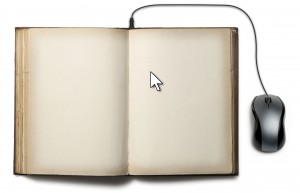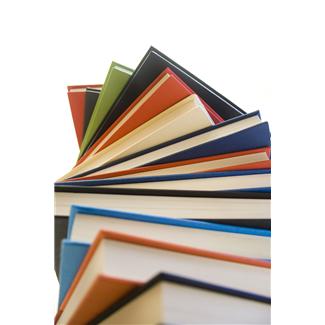 The emergences of independent states in Asia in the Post-World War II era not only underlined the existence of a cultural infrastructure prior to the advent of multiculturalism, but also highlight the caste system in India and the declining importance of women in this region.
The emergences of independent states in Asia in the Post-World War II era not only underlined the existence of a cultural infrastructure prior to the advent of multiculturalism, but also highlight the caste system in India and the declining importance of women in this region.
As a region, Asia has undergone enormous economic and social changes in the last few decades. Women as a collective have seen their lives transformed as a result of rapid development and economic growth. The book provides rich and provocative comparative studies of Asian Women. The collaborative work of Social Scientists conceptually and methodologically challenges the regional divides and proposes new dimensions within a wider context of intersecting groups. Violence against women is a violation of women’s human rights and a priority public health issue. It is endemic worldwide. While much has been written about it in industrialized societies, there has been relatively little attention given to such violence in Asian societies. This book addresses the structural and interpersonal violence’s to which women are subject, both under conditions of conflict and disruption, and where civil society is relatively ordered. It explores women activisms in Asia, and accounts for the so-called cultural’ practices in favor of nuanced challenges of equilibrium society of disparity’s as experienced in Cambodia, Thailand, Burma, Indonesia, Malaysia, the Philippines, Bangladesh, and India.
Collectively, the authors propose new themes, new comparative frameworks, and new methodologies for considering vastly different degrees of social support and political activism, and the varied meanings of “Gender equality “in different societies in Asia. In exploring the progress made by Asian men and women, this book seeks to answer the following questions: (a) in what areas have women been able to achieve parity with men? (b) In what areas do women encounter specific disadvantages based on their gender? And (c) How have women’s concerns and problems been addressed by the governments in this region with the aim of encouraging gender equality? As the title of this book suggests, the chapters would provide an analysis of the broad trends – including changes and continuities – in the experiences, interests and concerns of Asian women. The chapters would examine the trends related to women in the following arenas: patriarchal society, political and economic participation, the gender gap, and religion. In some arenas, the trends reflect the disadvantages women face, which in turn have led to gender gaps; in other areas, women’s progress has been found to eclipse that of the men, although this tends to be the exception. This is an innovative work that provides coverage of a complex topic that has often been neglected. It gives more than just an analysis of Asian women, demonstrating the central importance of gender in the modernizing and globalizing of Asia.
In the treatment of a region like Asia, with its diverse ethnic groups and units, and the historical development of gender issues over the decades, there are bound to be gaps in information. What is attempted here is a broad survey of trends in the historical and contemporary panorama of the region, combining thematic and chronological approaches.
This Call for Chapters looks for scholarship that focuses on women’s roles in Asian Society, government and other aspects related to “Gender Equality and Development”. Questions for consideration may include, but are not limited to:
1. How do women in Asian countries perceive equality conflicts? What approaches do they use to handle equality in the context of varying economic, political, cultural and social/family situations?
2. How religion has been taken, changed and altered to suit the patriarchal ideology in Asian countries in regards to “Women’s role” in such an ideology?
3. The questions the relationship between women and economic development in this region. It challenges the prevailing role of Asian women as passive and uninterested in political and economic participation, and has there been an increase in women movements around this region affecting all facets of development?
Women in Asia: Images and Challenges: is under contract with University of Indianapolis Press. I am now accepting abstracts of chapters. A 500 word proposal should be sent to the editor, Dr. Himanshi Raizada: hraizada27@gmail.com. Please include a CV or brief biography with your proposal. The deadline for proposals is July 31, 2013. Contributors will be notified by August 31, 2013. Final drafts (5,000-7,000 words) will be due to the book editor by November 15, 2013.
Dr. Himanshi Raizada
Professor
Lamar University, TX
(409) 880-8110
Email: himanshi2@hotmail.com
 Rupkatha Journal on Interdisciplinary Studies in Humanities
Rupkatha Journal on Interdisciplinary Studies in Humanities



